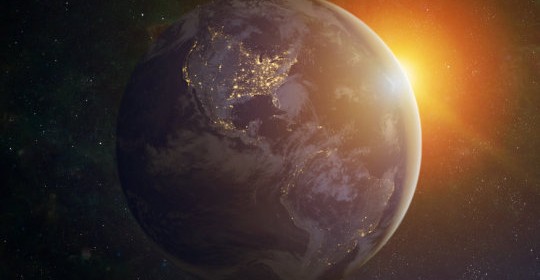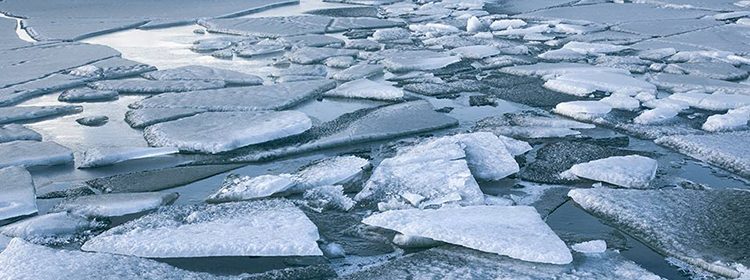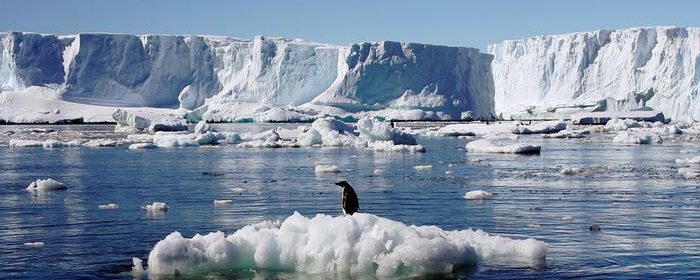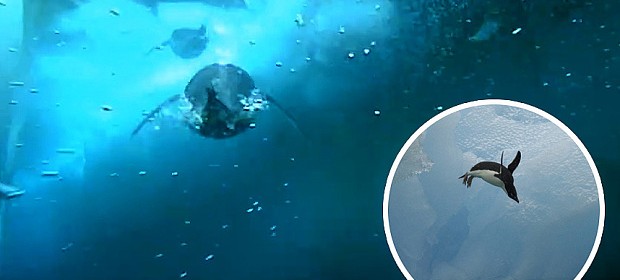Destroying Antarctica While Attempting To Save It
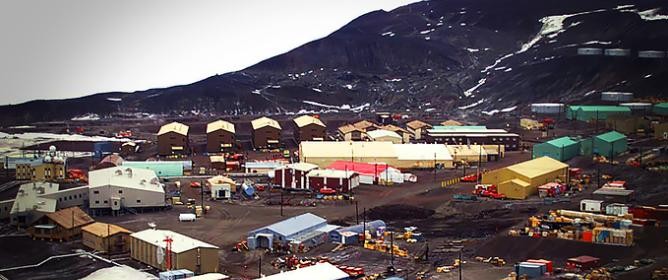
Are the scientists working to save Antarctica’s fragile ecosystem inadvertently contributing to its destruction? Could they possibly be Destroying Antarctica? A new study has linked a chemical used in flame-retardants—called polybrominated diphenyl ethers (PBDEs)—that is contaminating the Antarctic environment to Australia’s Casey research station. Researchers found that dust and treated wastewater at the station contained PBDEs and another chemical that […]
Read more
